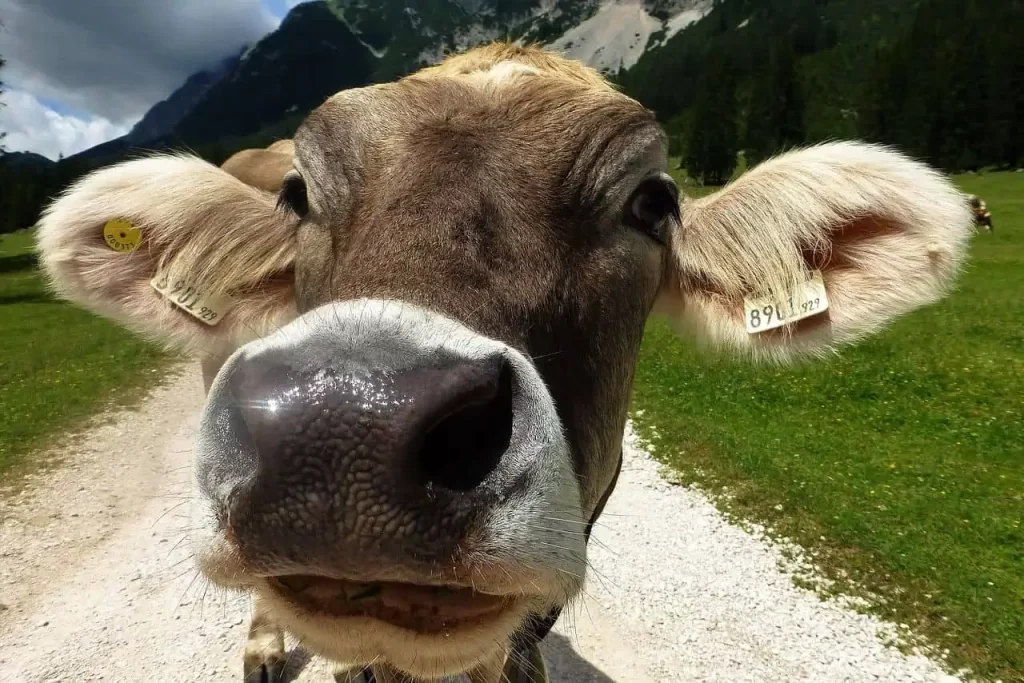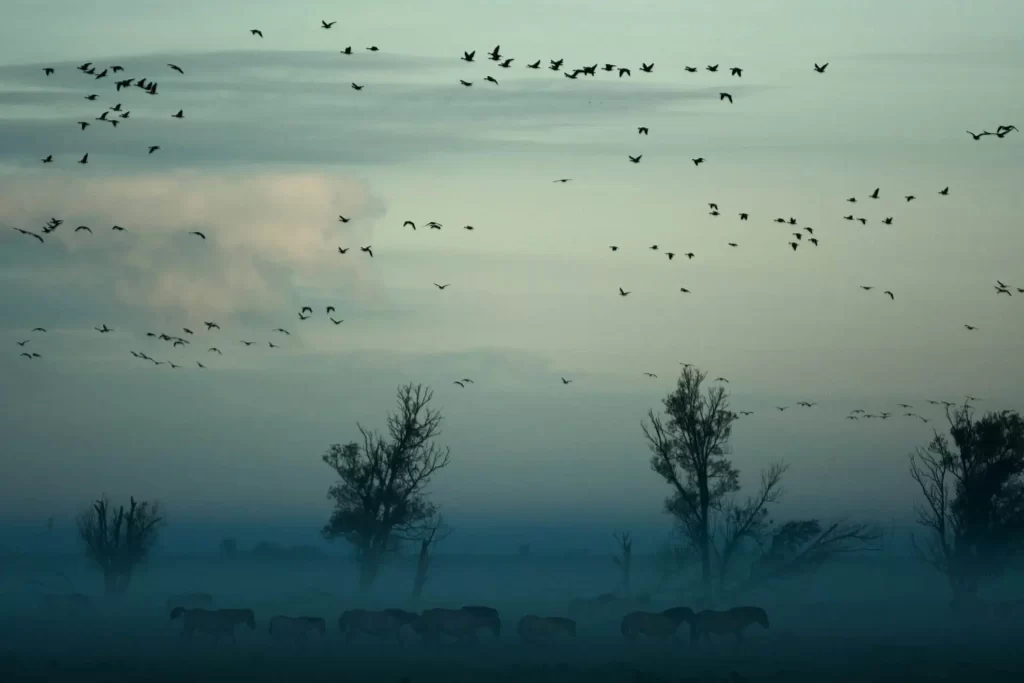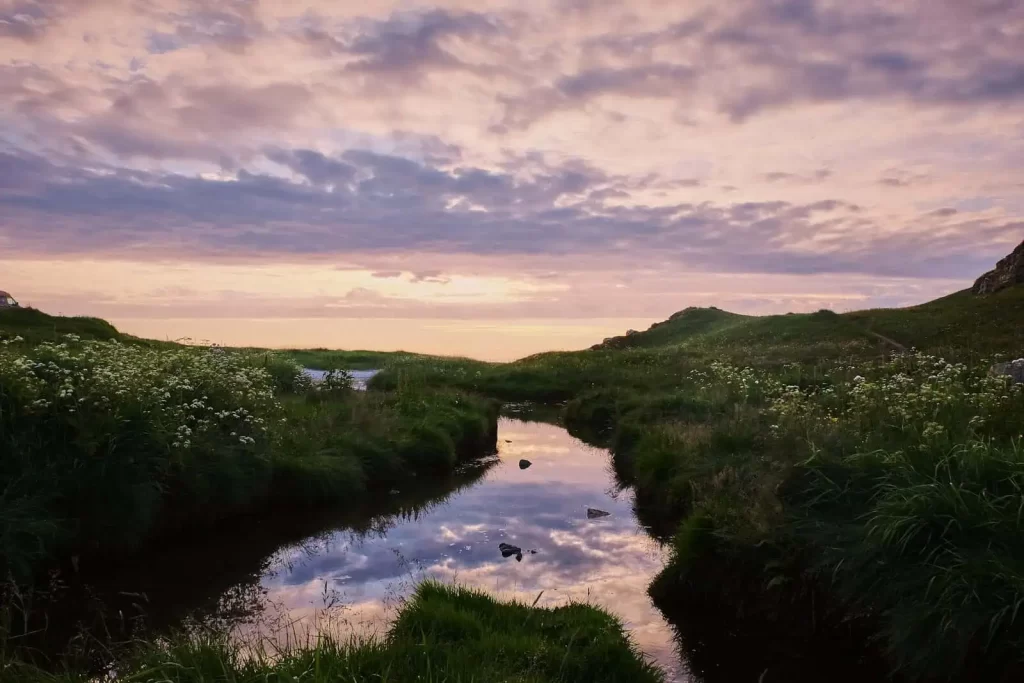Share:
Rewilding fungi: our greatest allies in restoring the web of life
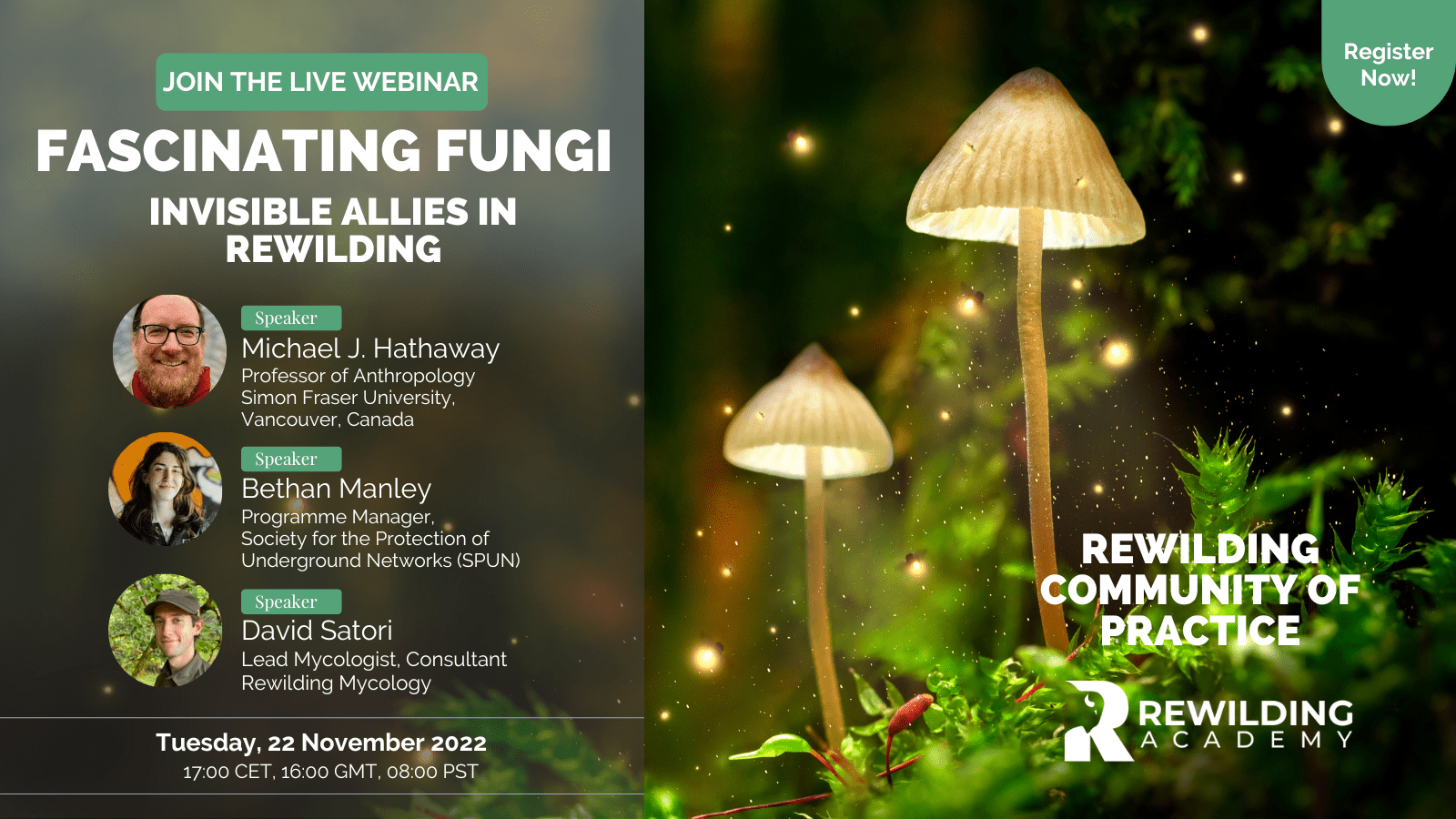
Join us for one and half hour of stimulating and enlightening storytelling on rewilding and fungi from passionate fungi experts, and learn how fungi can tackle the biodiversity and climate crisis.
When and where
Date and time
Tuesday, November 22, 2022, 17:00 CET, 16:00 BST, 08:00 PDT
Location
Online
About this event
The Rewilding Community of Practice and the Rewilding Academy will host a virtual community gathering on the topic ‘Fascinating Fungi: Invisible Allies in Rewilding‘. The duration of the event will be 90 minutes.
The Rewilding Community of Practice aims to build a network of rewilding enthusiasts and professionals who can exchange ideas and information to help restore ecosystems.
Learn more about the various roles fungi play in rewilding – and how to rewild ecosystems considering fungi networks – from 3 experienced researchers who work on turning these invisible allies into a visible force for good.
We hope you will join us in our efforts to scale our collective impact and rewild our planet!
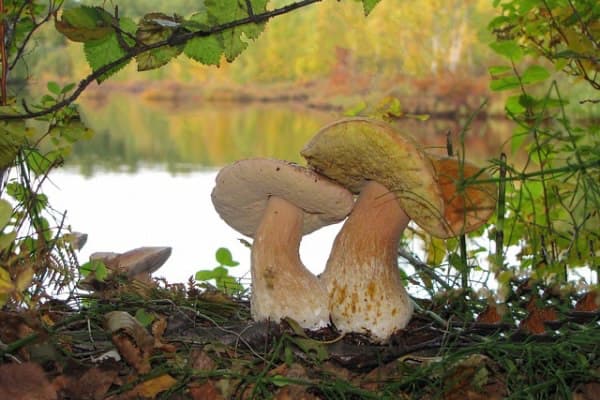
Important allies in rewilding?
Our Speakers
David Satori
Founder of Rewilding Mycology
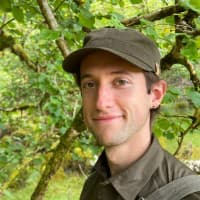
David Satori is a mycologist, consultant, and the founder of Rewilding Mycology. He holds a MSc in Plant and Fungal Taxonomy, Diversity and Conservation and is a former Species Conservation Researcher at the Royal Botanic Gardens, Kew where he contributed to IUCN Red List assessments of tropical plant species.
David has extensive experience in designing fungal surveys, generating baseline data, and recognising opportunities for fungal conservation on sites with various land use histories. He draws from his experience at Kew Gardens, where he managed large databases on plant documentation, distribution, population trends, and threats. He will introduce the field of rewilding mycology, highlight the importance of science being fungi-inclusive and discuss recent strides in the field.
Michael J. Hathaway
Professor at World Matsutake Research Group
Simon Fraser University
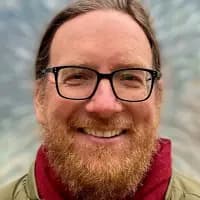
Michael Hathaway is a cultural anthropologist who has been working in China for over a quarter century on two major topics. His first project explored how global conservation programs were re-configured by Chinese scientists, villagers and wild animals (such as Asian elephants), and his second examines the role of fungi in reshaping economies and ecologies on a vast scale.
He will speak about a mindset shift the world urgently needs: a shift from viewing other organisms as objects of utility (as things to be eaten, commodified or even used in rewilding projects) to fellow beings that are also worldmakers. What might it mean to recognize the presence and power of fungi all around us, especially from this different perspective?, he asks.
Bethan Manley
Program Manager Global Data Science
Society for the Protection of Underground Networks (SPUN)
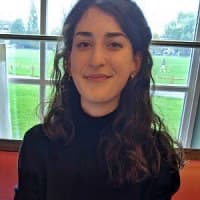
Bethan began studying underground fungal networks during a PhD at the University of Cambridge examining Arbuscular Mycorrhizal Fungi and their genetic interactions with crop plants. She has since continued work on the genomics of symbiotic fungi as a PostDoctoral Researcher, and worked as a Senior Computer Biologist at the Sanger Institute, UK, on the Tree of Life Project that aims to sequence all eukaryotic species on Earth.
Bethan will speak about the awe-inspiring work the team at SPUN does of mapping underground mycorrhizal networks that regulate the Earth’s climate, and the advocacy and innovation work the organization does to protect and preserve our underground fungi kingdom.
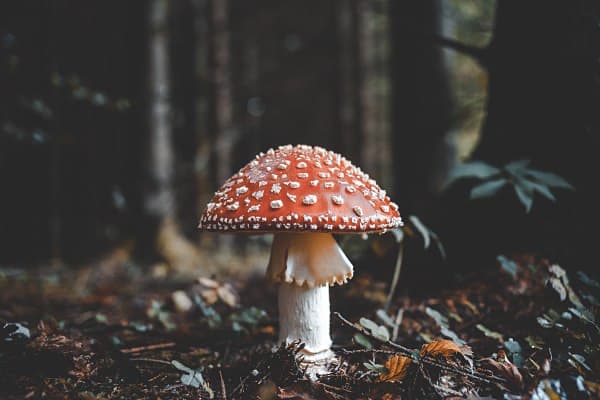
How do fungi fight climate change?
A forest’s trees, understory plants, fungi, and microorganisms are intricately intertwined, communicative, and dependent on one another. According to recent studies, mycorrhizal networks are present virtually everywhere on land, including prairies, grasslands, chaparral, and Arctic tundra. These mutually beneficial partners bind the soils of the planet into nearly seamless living networks of unimaginable scale and complexity.
We should consider fungal networks and restoring fungal biodiversity when regenerating ecosystems, because not only would they support trees but increase overall carbon sequestration and biodiversity across entire landscapes.
Further event information
Following the speakers’ presentations there will be time for questions from the audience. The event will be a participatory event taking place on Zoom. A Zoom link to join the event will be shared with all ticket holders on the day of the event.
[wp-eventbrite-checkout]

